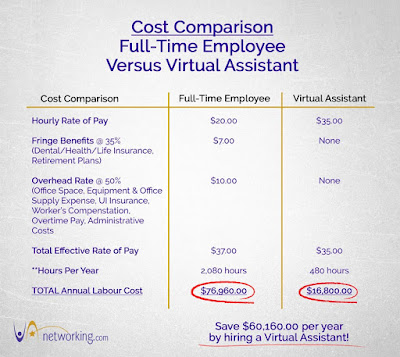In the dynamic realm of Florida real estate, success is often determined by efficient transactions, timely communication, and seamless coordination. Amidst the flurry of property buying, selling, and leasing, the role of a Real Estate Transaction Coordinator (TC) emerges as an invaluable asset for both seasoned realtors and newcomers in the industry.
A Real Estate Transaction Coordinator is a skilled professional responsible for overseeing the complex web of details involved in real estate transactions. Their multifaceted role encompasses administrative tasks, paperwork management, communication liaison between parties, and ensuring compliance with legal and contractual obligations. Engaging the services of a competent TC can significantly enhance the efficiency and effectiveness of real estate operations. Here’s why:
1. Streamlined Operations: TCs act as the linchpin in the real estate transaction process. Their meticulous attention to detail and organizational skills streamline operations, ensuring that every stage of a transaction proceeds smoothly. From managing documents to coordinating inspections and deadlines, they alleviate the burden on real estate agents, allowing them to focus on client interactions and negotiations.
2. Enhanced Productivity: With a TC handling administrative tasks, real estate agents can allocate more time to building client relationships, prospecting, and closing deals. This division of labor optimizes productivity, enabling agents to concentrate on revenue-generating activities while the TC efficiently manages the transaction logistics.
3. Expertise in Compliance: Real estate transactions involve navigating a labyrinth of legal and contractual requirements. TCs are well-versed in these intricacies, ensuring that all paperwork is completed accurately and in compliance with relevant regulations. Their expertise minimizes the risk of errors or oversights that could potentially derail a transaction.
4. Improved Communication: Effective communication is pivotal in real estate dealings. TCs serve as the central point of contact, facilitating seamless communication between buyers, sellers, lenders, title companies, and other stakeholders involved in the transaction. Their prompt responses and updates keep all parties informed and mitigate misunderstandings.
5. Cost-Effectiveness: While hiring a TC involves an additional cost, the efficiency and expedited timelines they bring to transactions often result in smoother closings. This not only enhances client satisfaction but also increases the potential for more transactions, thereby outweighing the initial investment.
Scalability and Growth: For real estate agencies aiming for growth and scalability, TCs offer the flexibility to handle increased transaction volumes without compromising quality. They provide a scalable solution by managing multiple transactions simultaneously, allowing the business to expand without overwhelming its core team.
In conclusion, a Real Estate Transaction Coordinator is a strategic investment that empowers real estate professionals to operate more efficiently, mitigate risks, and focus on revenue-generating activities. Their expertise in transaction management, compliance, and communication translates into smoother transactions, satisfied clients, and a competitive edge in the bustling real estate market. Embracing the role of a TC is not merely an option but a strategic imperative for real estate businesses aspiring to thrive in today’s fast-paced industry.
Call Christine Matus PA today 561-598-1268
Don't forget to ask how to get our service for FREE!
www.MyTC.Pro


.jpg)
.jpg)












.jpg&container=blogger&gadget=a&rewriteMime=image%2F*)